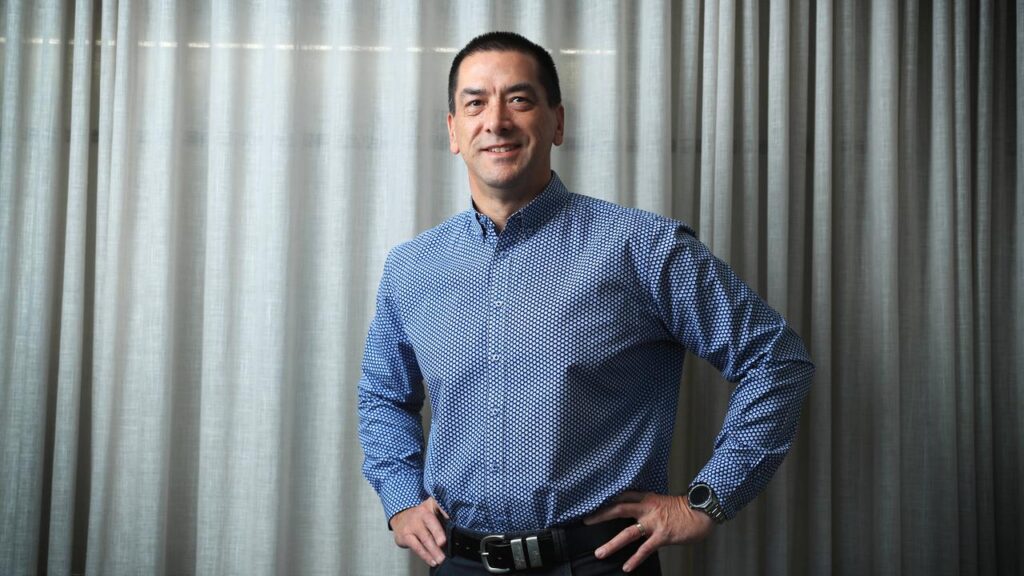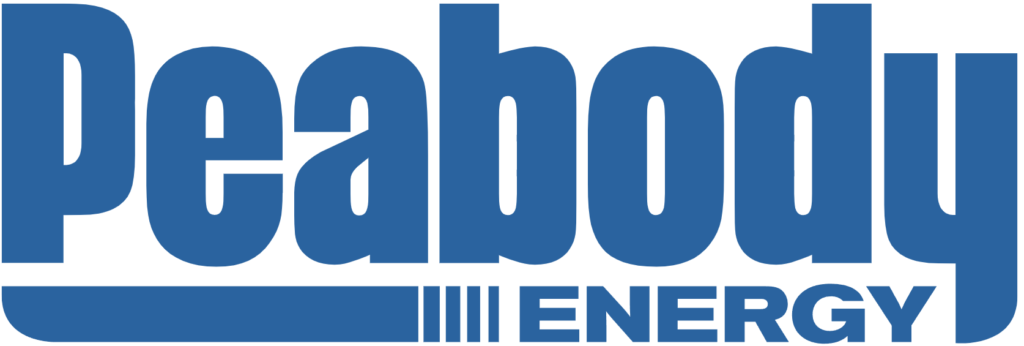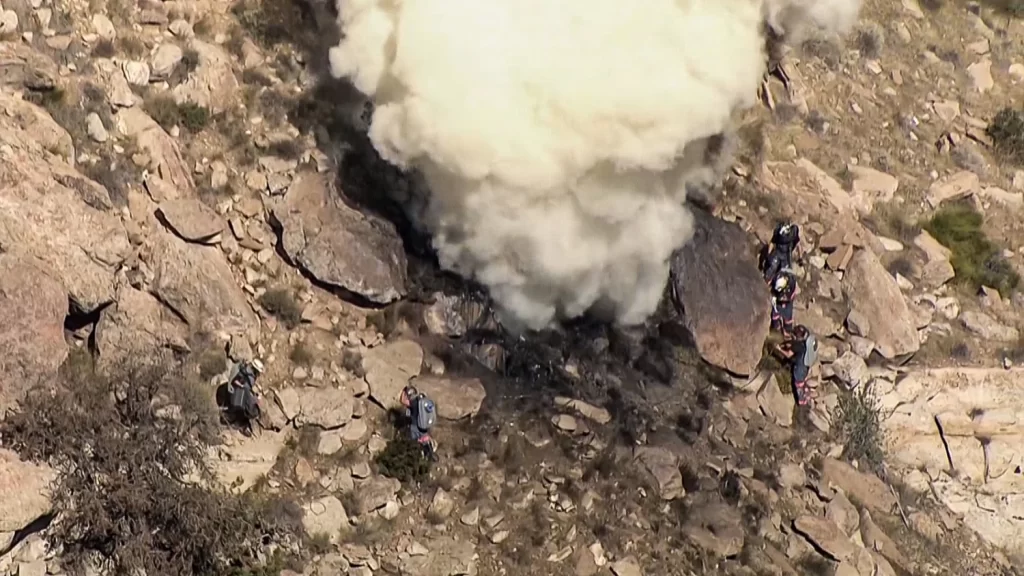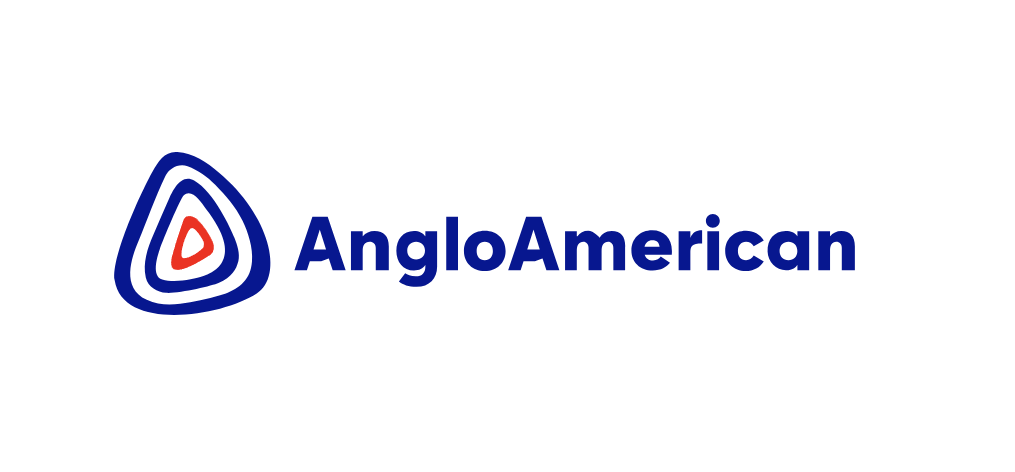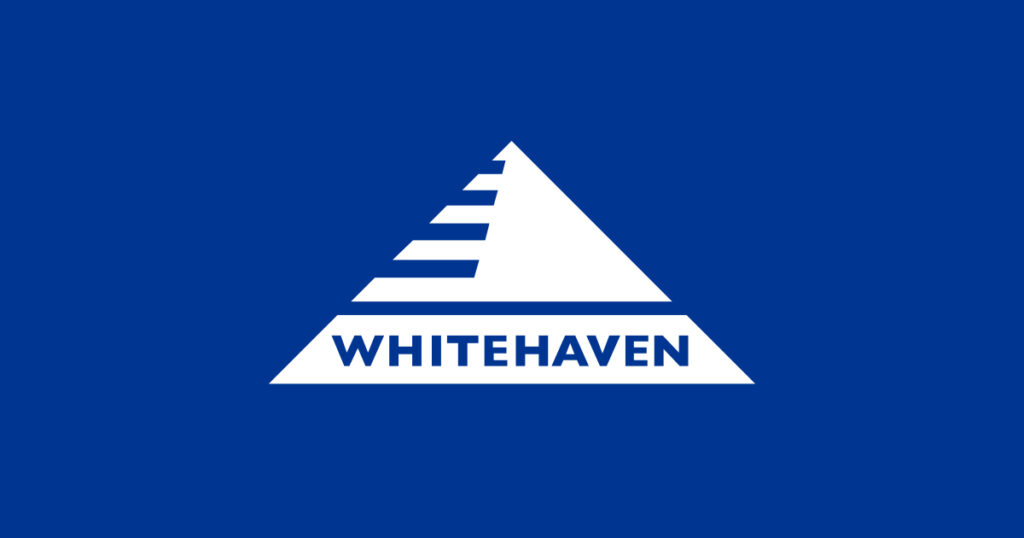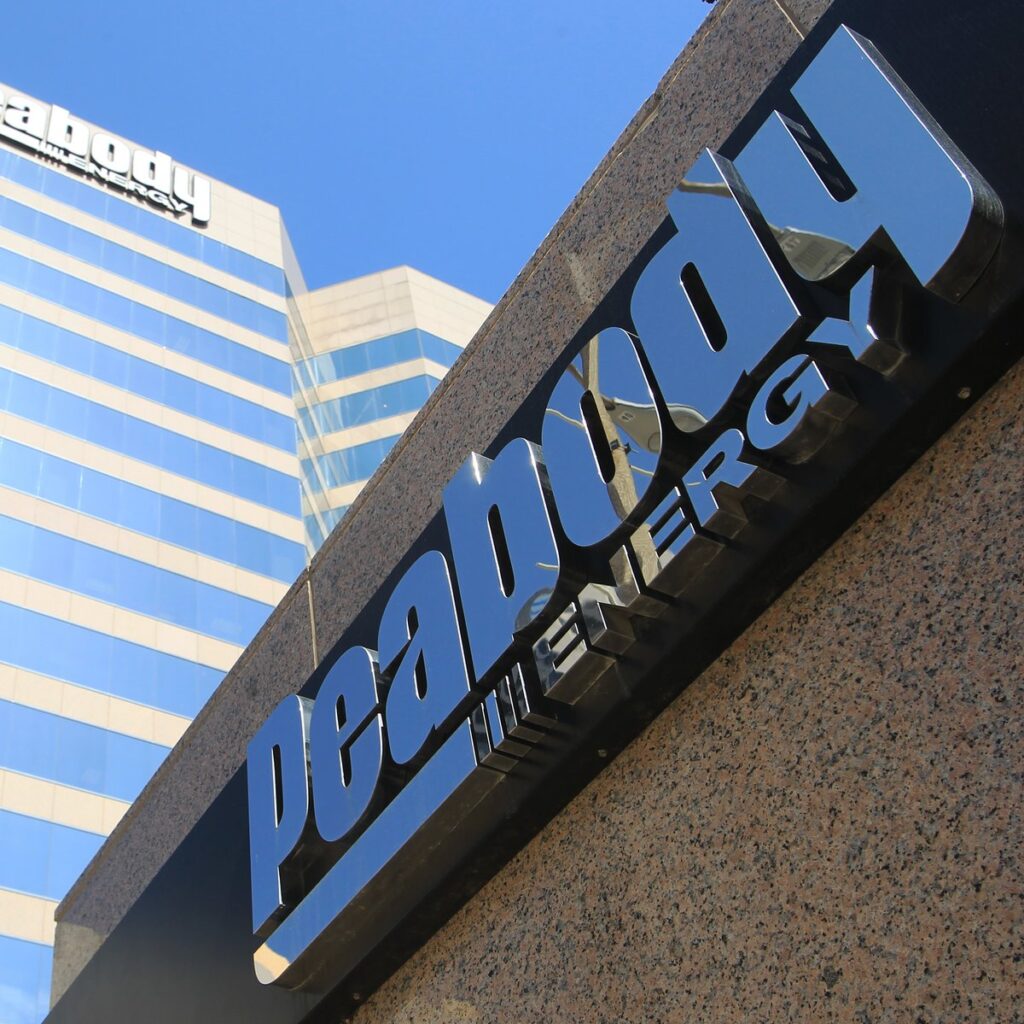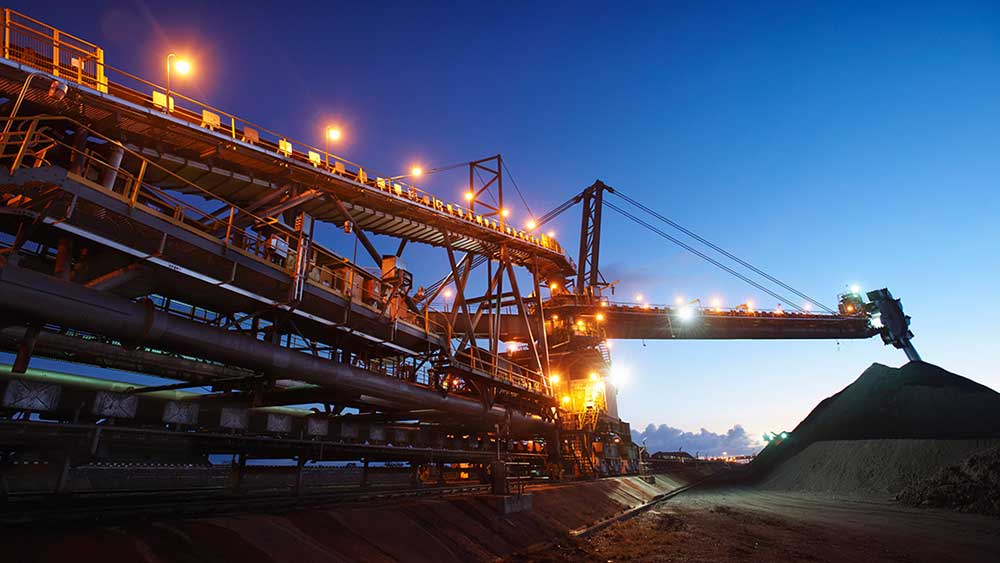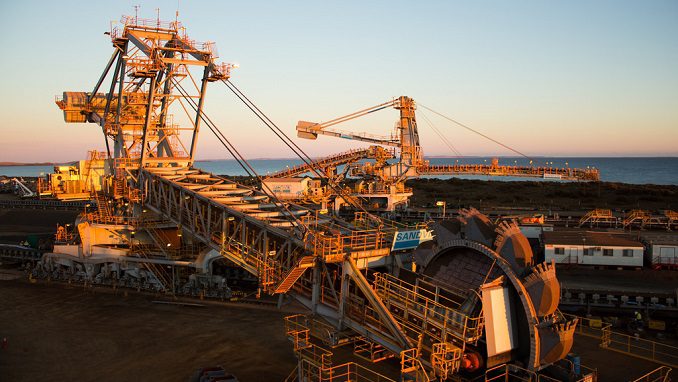Whitehaven Coal managing director Paul Flynn says the Albanese government’s “same job, same pay” agenda could be “terribly demotivating” for experienced staff unless a method for rewarding their expertise can be developed. Speaking after Whitehaven posted a $372.3 million underlying half-year profit, Mr Flynn said 95 per cent of staff at BHP’s Daunia and Blackwater coking coal mines had accepted an offer to join Whitehaven when it completes acquisition of those assets.

BHP’s Queensland coal mines have been the epicentre of the “same job, same pay” debate, given the government’s workplace policy was largely triggered by BHP’s creation of an in-house labour contracting division. Some managers at Daunia and Blackwater have complained of losing certain benefits when the mines transition to Whitehaven in April. Mr Flynn said the Albanese government’s workplace reforms were likely to increase the costs of doing business.
“We think costs overall go up, and generally that is not going to be useful,” he said.
“We just need to work through how this framework plays out, in terms of how we are going to reward people who have ostensibly similar titles but vastly different experiential bases.
“All these things have got to be worked through because that could be terribly demotivating if you are an experienced person and you are getting paid the same as someone who has got much less experience working next to you.”
Whitehaven has abandoned a plan to introduce autonomous trucks at its flagship Maules Creek mine in NSW over challenges with integrating the autonomous vehicles with nearby human-controlled vehicles. Mr Flynn said the decision was driven by factors that were unique to the mine design at Maules Creek and were not a sign Whitehaven had given up on autonomous technology in general. Mr Flynn said the Daunia mine already ran autonomous trucks and Whitehaven intended to continue with those trucks once it took possession of the mine.
Whitehaven’s statutory profit for the six months to December was $257.6 million after accounting for transaction costs relating to the BHP deal. Despite underlying profits being 79 per cent lower than the same time last year, the results are still historically strong for Whitehaven.
Prices for the thermal coal that Whitehaven sells from NSW averaged $220 a tonne over the past six months; the company achieved $80 a tonne for its coal in the six months to December 2020. Whitehaven investors will receive a fully franked 7¢ dividend on March 8.

